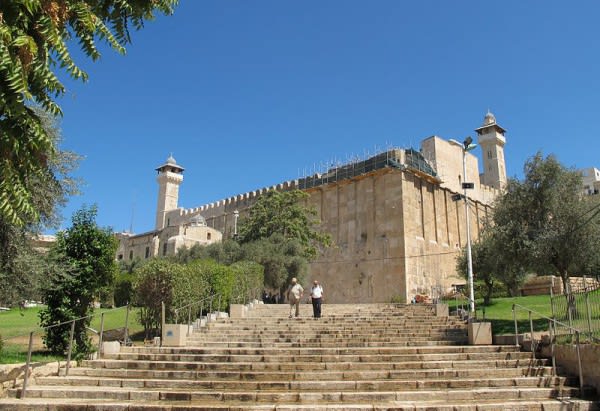THE EULOGY
When Sarah passes away, we learn that Avraham came “to eulogize her and to weep over her” (Bereshit 23:2). Indeed,our Tradition considers it a great mitzva to eulogize the departed properly (SAYD 344). The particulars of this obligation impart many instructive lessons.
STIRRING UP GRIEF
The Jewish Tradition is to encourage expressions of grief over the dead, not to assuage them. The eulogizer is called upon to break the hearts of those present; there used to be a common custom to hire women who would wail mournfully at the grave in order to awaken the crowd to weeping (SA YD 344).
Those present at the funeral are called upon to weep. “Anyone who cries over a decent person, all his sins are forgiven”. These tears are so precious that the Holy One blessed be He counts each tear and puts it aside in His treasury (Shabbat 105b).
We have explained before that the essence of joy is unity, breaking down the barriers between people. Conversely, the essence of grief is separation, and there is no separation so great and final as death. By calling for a eulogy which causes weeping, the halakha encourage us to acknowledge the tragedy of separation engendered by a loved one’s passage from this world to the next.
UNDUE PRAISE
The eulogizer is called upon to praise the departed appropriately, and is even permitted to exaggerate a bit, as long as the praise is not fulsome. The commentators ask how it is that the eulogizer is permitted to stretch the truth – is not faithfulness to truth a basic tenet of the Torah?
One explanation is that we seldom find the opportunities to properly express our best traits. The eulogizer’s praises reflect how the departed would have acted had he had the proper opportunities. (Taz YD 344:1.)
DIGNITY OF THE DEAD
The Talmud makes a fascinating distinction between those rules of mourning which are the “honor of the living” and those which are solely “the honor of the dead”. If the honor of the living is involved then the person can not prevent his relatives from dignifying himself in this way after his passing. For instance, leaving a person unburied is a disgrace for the living as well as for the dead, so a person who asks not to be buried is not obeyed (SA YD 348:3 and Shach).
But the eulogy is considered exclusively the honor of the dead. Only his acts are being measured and praised, and a person may decide that he doesn’t want this honor, or is unworthy of it (Sanhedrin 46b, SA YD 344:10). Indeed, there are many instances of great scholars who asked that no eulogy be said at their funeral. (In this case, it is usual to say praises of the scholar in an oblique way or at a stage of the proceedings where it is not technically considered a eulogy.)
Rabbi Asher Meir is the author of the book Meaning in Mitzvot, distributed by Feldheim. The book provides insights into the inner meaning of our daily practices, following the order of the 221 chapters of the Kitzur Shulchan Aruch.
The words of this author reflect his/her own opinions and do not necessarily represent the official position of the Orthodox Union.
